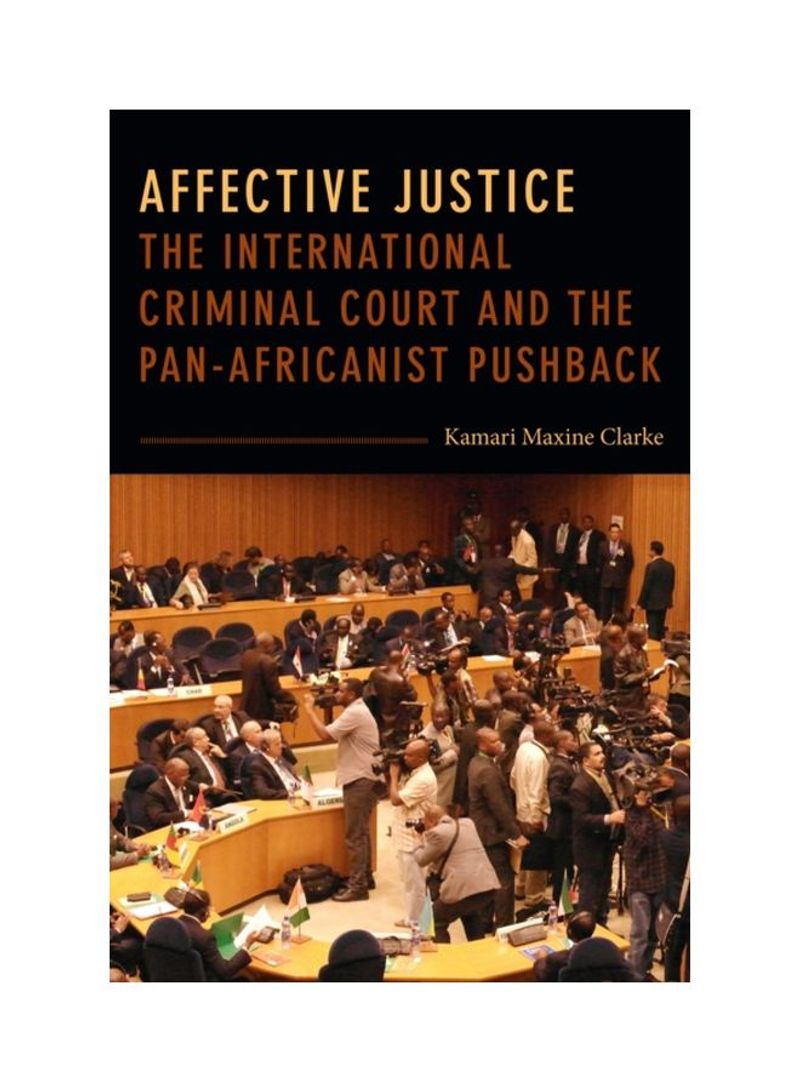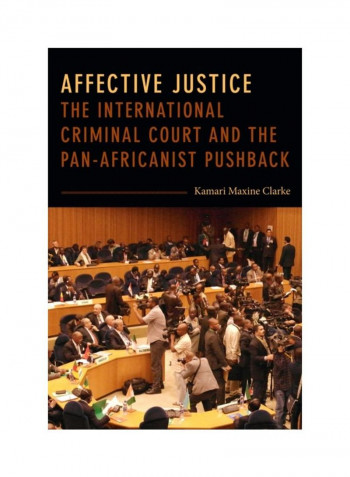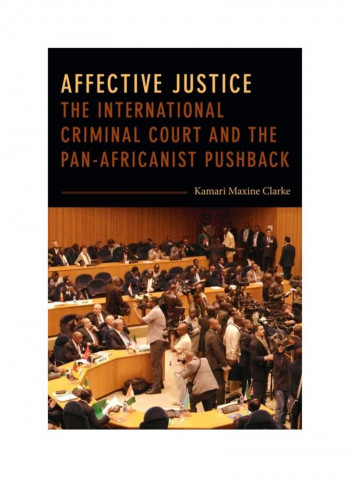Affective Justice: The International Criminal Court And The Pan-Africanist Pushback Hardcover
Recommend
Sort by
Rating
Date
Specifications
Grade
New
Author 1
Kamari Maxine Clarke
Book Description
Since its inception in 2001, the international criminal court (icc) has been met with resistance by various african states and their leaders, who see the court as a new iteration of colonial violence and control. In affective justice kamari maxine clarke explores the african union's pushback against the icc in order to theorize affect's role in shaping forms of justice in the contemporary period. Drawing on fieldwork in the hague, the african union in addis ababa, sites of postelection violence in kenya, and boko haram's circuits in northern nigeria, clarke formulates the concept of affective justice-an emotional response to competing interpretations of justice-to trace how affect becomes manifest in judicial practices. By detailing the effects of the icc's all-african indictments, she outlines how affective responses to these call into question the "objectivity" of the icc's mission to protect those victimized by violence and prosecute perpetrators of those crimes. In analyzing the effects of such cases, clarke provides a fuller theorization of how people articulate what justice is and the mechanisms through which they do so.
ISBN-13
9781478005759
Language
English
Publisher
Duke University Press
Publication Date
15 Nov 2019
Number of Pages
384
About the Author
Kamari maxine clarke is professor of anthropology at the university of california, los angeles, and the author of mapping yoruba networks: power and agency in the making of transnational communities, also published by duke university press, and fictions of justice: the international criminal court and the challenge of legal pluralism in sub-saharan africa.
Editorial Review
Kamari Maxine Clarke's Superb Ethnographic And Critical Study of The Place of The International Criminal Court (Icc) Within African History And Politics Demands a Fundamental Reevaluation of The Meaning of justice" Against a Background of Colonial And Neocolonial Violence, Postcolonial Critique, And Enduring Inequalities of International power." -- Mark Goodale * Opinio Juris * "Affective Justice is Set Against The Background of Worldwide Disappointments in The Performance of The International Criminal Court Arising From Its Prosecutorial incongruences. Kamari Maxine Clarke Offers a Phenomenology of Justice And an Anthropology of Judicial Practices as Negotiated Assemblages of Sentiments of Participants of Unequal Power, Judicial Competence, And Material Means as Foundations of The Institutions of justice. The Book Captures The Complexity of Evolving African Attitudes Toward The Icc Like no Book Before it. A Must-Read For Anyone Interested in The Future of International justice!" -- Siba N'Zatioula Grovogui, Cornell University "At Its Creation, Many African Countries Embraced The International Criminal Court, But Subsequent Events Produced Substantial African opposition. This Important And Insightful Book, Based on Extensive Ethnographic Research, Explores The Court And How Africans Feel About it. Some See The International Criminal Court as a Beacon of Hope While Others See it as a Legacy of colonialism. The Book Focuses on How Affects Such as a Desire For Justice Through Law And The Anger at The Plunder of Resources Shape International Justice itself." -- Sally Engle Merry, Silver Professor, New York University



